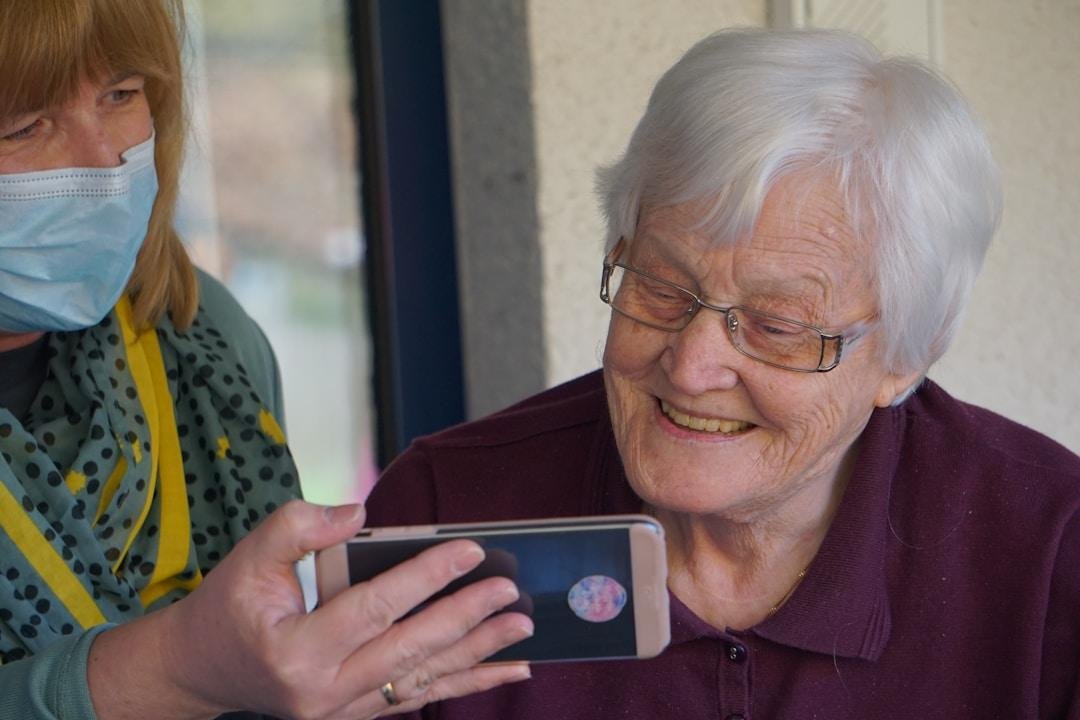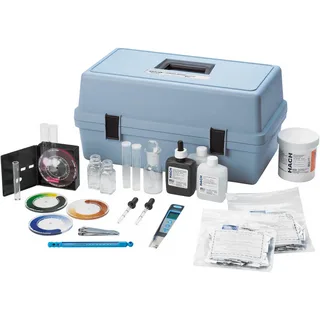Taking on the role of a caregiver for a family member with Alzheimer’s is both a profound commitment and an emotional journey. Alzheimer’s affects not only the individual diagnosed but also their entire family, especially those directly involved in their care. Mental and physical preparation is vital to ensuring a safe and nurturing environment. Below, we will discuss essential aspects of caregiving, from understanding Alzheimer’s to creating a safe home and managing the emotional challenges that come with it.
Understanding Alzheimer’s: The Basics of Home Caregiving

Alzheimer’s disease is a progressive neurological condition that primarily affects memory, thinking, and behavior. It is crucial to understand the difference between Alzheimer’s disease and dementia, as dementia is an umbrella term for cognitive decline, while Alzheimer’s is the most common cause of dementia. Knowing this distinction helps caregivers anticipate the progression of symptoms and tailor their care approach accordingly. Learning about the stages of Alzheimer’s enables you to prepare for the specific needs that arise at each phase.
Effective caregiving starts with education about how Alzheimer’s affects daily life. For instance, individuals may experience confusion, mood swings, or difficulty performing basic tasks. Patience and flexibility are crucial to managing these changes. Observing your loved one’s patterns, such as their daily routines and emotional triggers, allows you to anticipate challenges and maintain a sense of stability for them.
Communication is another cornerstone of caregiving for someone with Alzheimer’s. As the disease progresses, verbal communication may become increasingly difficult. Using simple, clear language, maintaining eye contact, and paying attention to body language can help you convey your messages effectively.
Caregivers must also recognize their limits and know when to seek professional support. Alzheimer’s progresses differently in each individual, and there may come a time when additional medical or home care assistance is necessary. Proactively exploring resources such as support groups, medical advice, and community services will ensure you are prepared to meet your loved one’s evolving needs.
Setting Up Your Home for Alzheimer’s Safety and Comfort
Creating a safe and comfortable environment is essential when caring for a family member with Alzheimer’s at home. Start by assessing potential hazards. Remove clutter, secure loose rugs, and ensure clear pathways to prevent falls. Consider installing grab bars in bathrooms and stairways and motion-sensor lighting to aid nighttime navigation.
Familiarity plays a significant role in easing anxiety for individuals with Alzheimer’s. Surrounding them with personal items such as family photos, favorite books, or cherished keepsakes can help maintain a sense of connection and comfort. Introducing small but meaningful details, like a vase of artificial red roses, can also create a calming environment. A consistent and organized layout in the home reduces confusion and fosters a feeling of stability.
Alzheimer’s often affects a person’s perception of their surroundings, leading to agitation or disorientation. Using contrasting colors to highlight doorways, furniture, or stairs can improve visibility and orientation. Avoid mirrors or reflective surfaces, as these may cause distress. Likewise, minimize loud noises and bright lights, opting for soft lighting and a soothing atmosphere.
The Emotional Journey: Support Systems and Self-Care for Caregivers

Caring for a loved one with Alzheimer’s is deeply rewarding but also emotionally taxing. Building a robust support system is crucial for maintaining your well-being. Reach out to family members, friends, or professional caregivers for assistance. Delegating tasks, such as household chores or errands, allows you to focus on caregiving while preventing burnout.
Self-care is not a luxury but a necessity for caregivers. Regular exercise, a balanced diet, and sufficient sleep are vital for maintaining physical health. Take breaks when needed, even if it’s just for a walk or a quiet moment to yourself. Practicing mindfulness or meditation can help you manage stress and maintain emotional balance during challenging times.
Emotional resilience is another critical aspect of caregiving. Alzheimer’s caregiving often comes with feelings of grief, frustration, or guilt. Acknowledging these emotions and seeking professional counseling by leaning on support systems and prioritizing self-care can help you process them healthily. Remember, being kind to yourself is essential; no caregiver is perfect, and doing your best is enough.
Lastly, celebrate small victories and cherish moments of connection with your loved one. Whether it’s a shared laugh, a memory recalled, or a peaceful afternoon together, these moments highlight the importance of leaning on support systems and prioritizing self-care, helping you navigate the emotional journey with strength and compassion.
Altogether, becoming a caregiver for a family member with Alzheimer’s requires understanding the disease, creating a safe environment, and prioritizing emotional well-being. With preparation, support, and self-care, you can provide compassionate care while maintaining balance in your own life.



